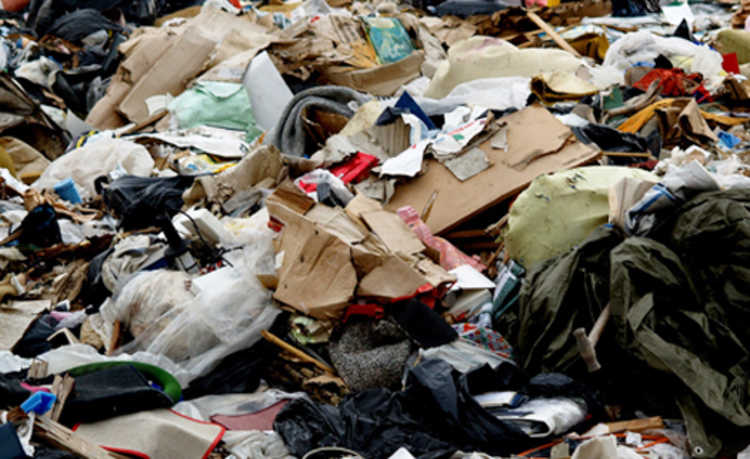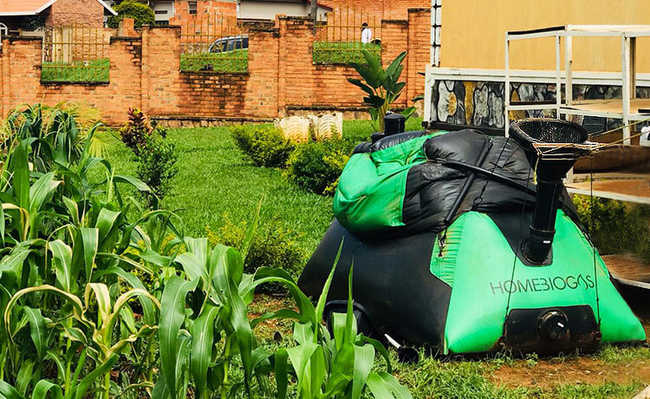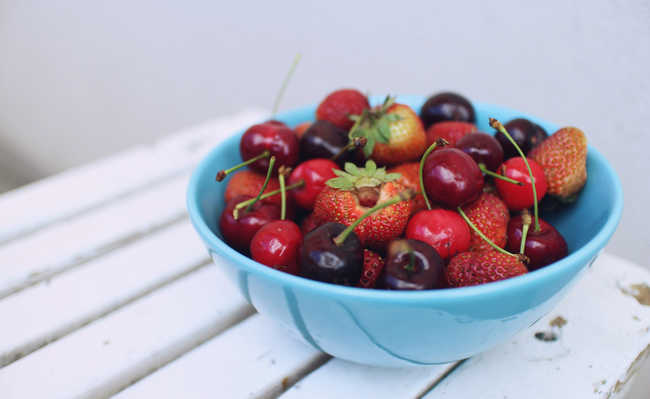18 tips to avoid food waste
About a third of the food produced in the world is thrown away and much of this food waste happens in our homes

Pop picnic image by Pixabay
Food waste is a serious issue that requires attention. Population growth stimulated the food industry and today the amount produced in the world would already be enough to meet the demand of the entire world population. However, it is estimated that around a third of the world's production ends up in the garbage and the waste of food aggravates the problem of hunger, which has started to grow in the world.
The current pace of food production and consumption is not sustainable in the long term, as shown by the growth of hunger in the world. The latest data, released by the FAO in 2018, show that the severe food insecurity index (hunger) in Latin America jumped from 7.6% in 2016 to 9.8% of the total population in 2017. Meanwhile, in Brazil alone, each person wastes 41.6 kg of food per year, considering only the food waste that occurs in meals eaten at home, according to a survey carried out by Embrapa in partnership with FGV in 2018. Rice, red meat, beans and chicken are the foods most thrown away.
This household waste represents nearly 30% of all calorie loss that occurs in Latin America. FAO data show that 28% of food waste occurs in the production phase, 28% in the consumption phase, 22% in handling and storage, 17% in distribution and marketing and 6% in the processing phase.
- Food waste: economic and environmental causes and damages
Attitudes to reduce food waste in your home
1. Make a shopping list
Make a mandatory stop in the pantry and refrigerator before going to the market to shop. Check what foods you really need to buy and avoid stocking up unnecessary.
2. Check the validity of the products
When cooking, give preference to foods that are close to expiration. If you're having trouble organizing the pantry, write them down on a list and stick them on the fridge so you don't waste them.
3. Increase the frequency of purchases
Instead of making one purchase a month, going to the market more often and buying fewer products is a great measure to avoid wasting food - buying fewer things at a time will also help you carry less weight or even allow you to buy in the local market, avoiding long journeys or using a car and favoring the local economy.
4. Beware of promotions
Promotions are usually irresistible, however, they are the great villains of conscious consumption. They encourage us to buy a large number of products, which are often unnecessary and end up spoiling. Stay tuned! One strategy to avoid wasting food is to use promotions to vary the things you always eat: substituting the purchase of some item for the product on offer.
5. Pack food correctly
Before storing fruits, vegetables and vegetables in the refrigerator, sanitize and dry them. After consuming, store these foods in hermetically sealed containers to prevent the proliferation of bacteria.
6. Freeze leftovers
If you overcook or buy too much fresh food, freeze leftovers or use the bleaching technique to freeze vegetables, fruits, and vegetables. Learn more in the articles: "How to freeze vegetables, fruits and vegetables" and "How long does each frozen food last?".
7. Enjoy the food in its entirety
Literally enjoy your food to the stalk. It is possible to reuse unconventional parts, such as leftovers and fruit peels, for example - learn more in the article "16 tips for reusing food".
8. Don't just dispose of it for appearance
If a fruit or vegetable looks ugly in some parts, cut it up and use what's left. There is no need to throw it all away.
food preservation
9. Cheeses
They remain unblemished for five days to a month, if kept well in the refrigerator. The softer models, such as ricotta and mines, last a maximum of five days, while the harder ones, such as provolone and parmesan, have a longer shelf life. You should discard the cheese when it has greenish spots on its surface and its color has changed.
10. Wines
To consume as a beverage, the ideal is to drink it in one day, since, after opening, the wines undergo oxidation - the oxygen enters the bottle and reacts with the drink, changing its flavor and aroma. If you want to prolong the life of the product and avoid wasting it, just use the wine as a seasoning - in this case it lasts up to a month. You can also freeze wine in ice cube trays for use in sauces and recipes.
11. Fruits, vegetables and legumes
If sanitized and dried before being stored in the refrigerator, these foods usually last for five days. With the exception of tropical fruits, such as bananas and avocados, which, if placed in the fridge, will darken.
12. Yeast
If it's the powdered chemical, it lasts up to six months in the fridge, without harming your cake's growth. The organic one, which is widely used to make bread, does not exceed three days after opening because it contains yeast. When they die, the yeast stops working.
13. Ready food
After the meal, store leftover food in closed containers with a lid and take them to the refrigerator. Once this is done, your ready-to-eat food will last an average of three days. You can also freeze small portions to have healthy food ready on days when you can't cook.
14. Ketchup, mayonnaise and mustard
Like canned goods, they have many preservatives that are not good for your health. The ideal is the moderate consumption of these products. The advantage is that they last from a month (mayonnaise) to a year (ketchup) in the fridge, so it's relatively easy to avoid wasting these foods.
- Preservatives: what are they, what types and dangers
15. Milk
If it is pasteurized, it should be consumed in one day, because it turns sour quickly, as opposed to the long life, which lasts from three to four days in the refrigerator.
- The dangers and cruelty of animal confinement
- Vegan philosophy: know and ask your questions
16. Canned
They last four to five days after opening, but the ideal is to consume them soon after opening. However, avoid these types of foods because, according to a study from the United States, canned food is bad for your health - those who consume it are exposed to compounds such as bisphenol-A and phthalates, not to mention the large amount of preservatives.
- What are fresh, processed and ultra-processed foods
17. Meat
Remember that meats have a high water footprint (they consume a lot of water in their production), so look for alternatives to replace proteins. If you don't prepare the meat right after you buy it, the ideal is to freeze it so it lasts longer (in the fridge, it starts to deteriorate in about two days), or vacuum-pack it.
18. Butter
It can stand for three months under refrigeration because it contains a lot of fat in its composition. The most that can happen is that a dark yellow layer appears - just scrape this layer to return to normal use of the product.










